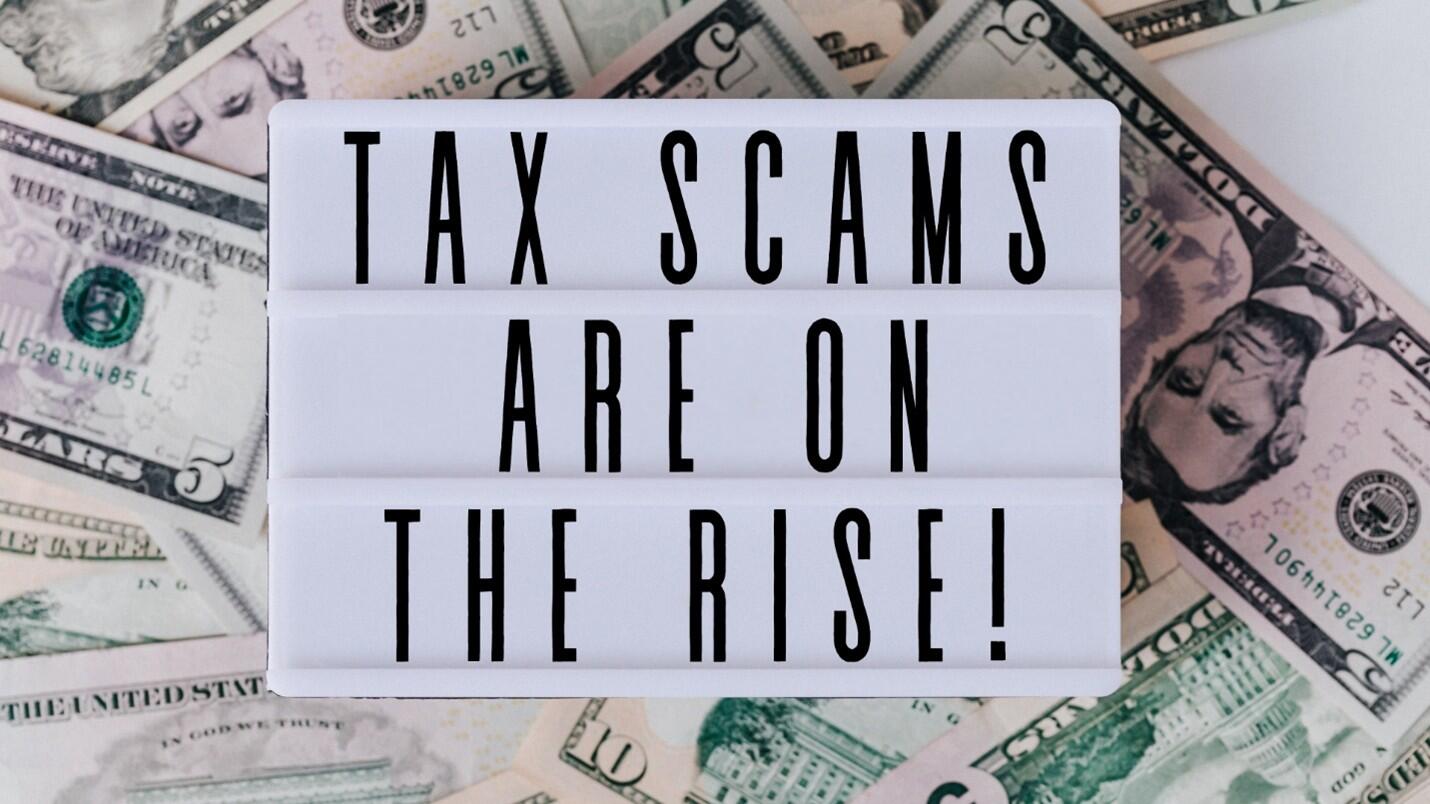- Office of Consumer Affairs and Business Regulation

How to Protect Yourself from IRS Imposters
Know how the Internal Revenue Service (IRS) will contact you.
The IRS may contact you via:
- U.S. mail delivered through the U.S. Postal Service: This is the most common way that the IRS will contact you, especially if it is the first time they are contacting you. Common reasons to receive a letter from the IRS include a balance due or refund change, a question about or change in your return, verification of your identity, and a notification of a delay.
- Email: The IRS will only email you after you have given permission to be contacted via email through your account profile or if you subscribe to IRS email updates. The only exception to emailing you without permission is if you have an ongoing case with an IRS employee or a criminal investigation.
- Text: The IRS will only contact you via text if you give permission to do so through your account profile.
- Fax: The IRS may fax you a verification or request for employment information.
- In-person: Very rarely will the IRS visit you in person. If they do, usually you will receive a letter beforehand. The only employees that are authorized to visit you are revenue agents, revenue officers, special agents, and fuel inspectors. They also must carry official identification.
Know how the IRS will not contact you.
The IRS will never:
- Contact you through social media
- Ask for tax information, personal information, or login information via text, email, phone call, or social media
- Threaten you
- Leave prerecorded voicemails
- Ask for prepaid debit cards or gift cards
Types of Tax Scams
Phishing and Smishing
IRS agent impersonators will contact you via email (phishing) or text/SMS message (smishing) in an attempt to get your personal information and money. They may send you links that will harm your computer and allow them access to your files. Often the impersonator will use language like “your account has been put on hold,” or “unusual activity on your account.”
Social Media
Social media posts often give bad tax advice and could mislead you into lying on tax forms. If you have questions about filing your taxes, contact a legitimate tax professional (see below). Additionally, clicking on links through social media could connect you with a scammer and compromise your data or identity.
Tax Preparers
Some dishonest tax preparers will falsify tax information, put your refunds in their account, or have you pay them in cash. Follow the IRS’s advice on how to choose a tax preparer.
Fake Charities
You are not allowed to deduct donations to fake charities, so make sure any charity you donate to is legitimate. Search for a tax exempt organization. View our blog post for more information, Charity Check: Avoid Donation Scams with These Tips.
Tax Debt Settlement Services
Fake debt settlement services will pressure you into using “their service” to quickly settle the taxes you owe. They will usually try to convince you that you are getting a special deal if you pay them for their services. Only settle your taxes through an offer in compromise through the IRS.
What to Do if You Are Scammed
The Federal Trade Commission has a step by step checklist of what to do if you have been scammed. Report a tax scam through the IRS tax scam form. If a tax preparer altered your return without consent, file a tax preparer complaint. If you followed bad tax advice, amend your return. Forward any emails you believe to be a scam to phishing@irs.gov. Additionally, you can speak with an IRS representative by calling 800-829-1040.
We’re Here to Help
The Office of Consumer Affairs and Business Regulation (OCABR) helps protect and empower consumers through advocacy and education. If you have questions about scams or other concerns, call our Consumer Hotline at 617-973-8787, Monday through Friday, 9:00 AM to 4:30 PM. Live language translation is available.

